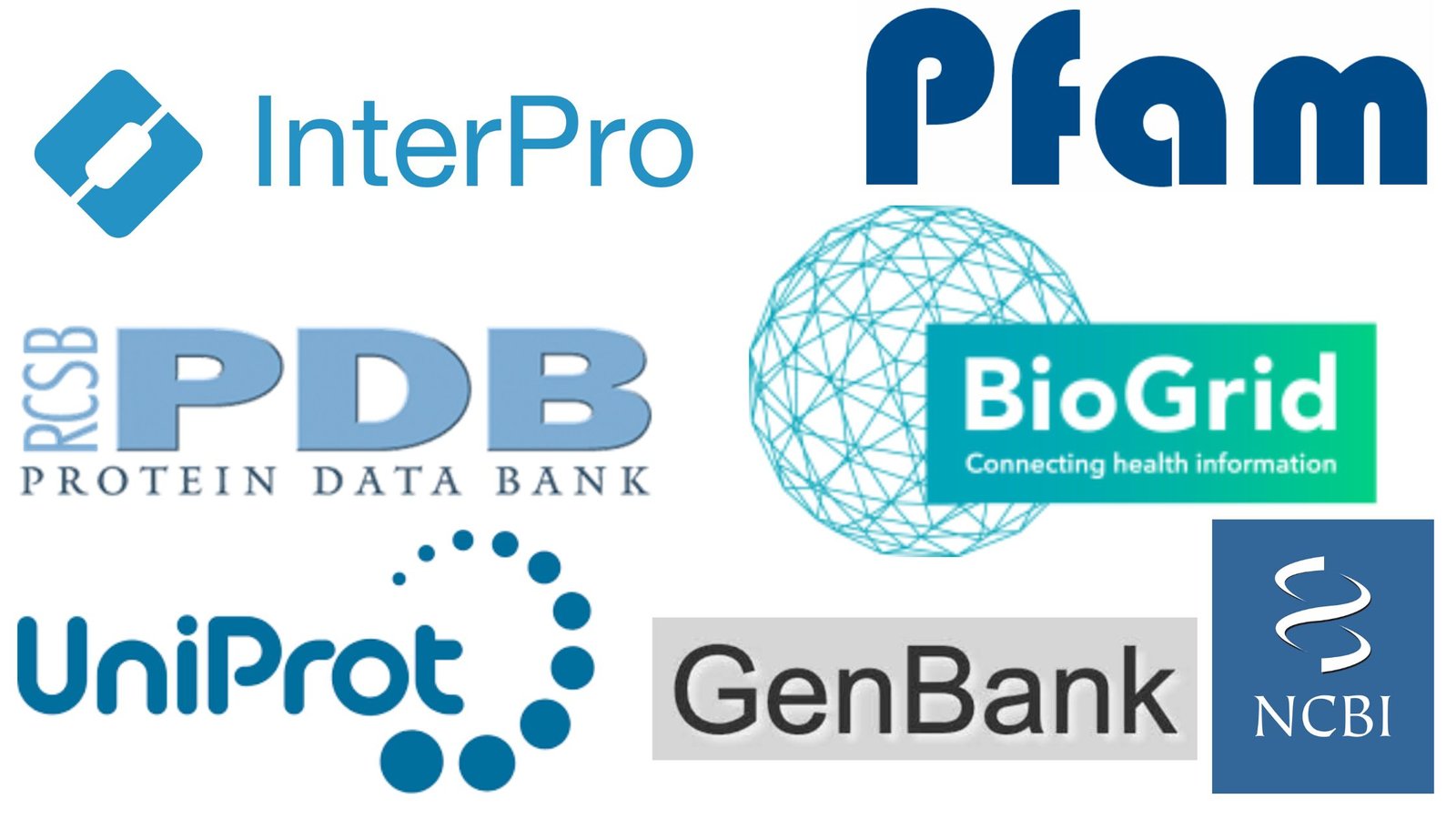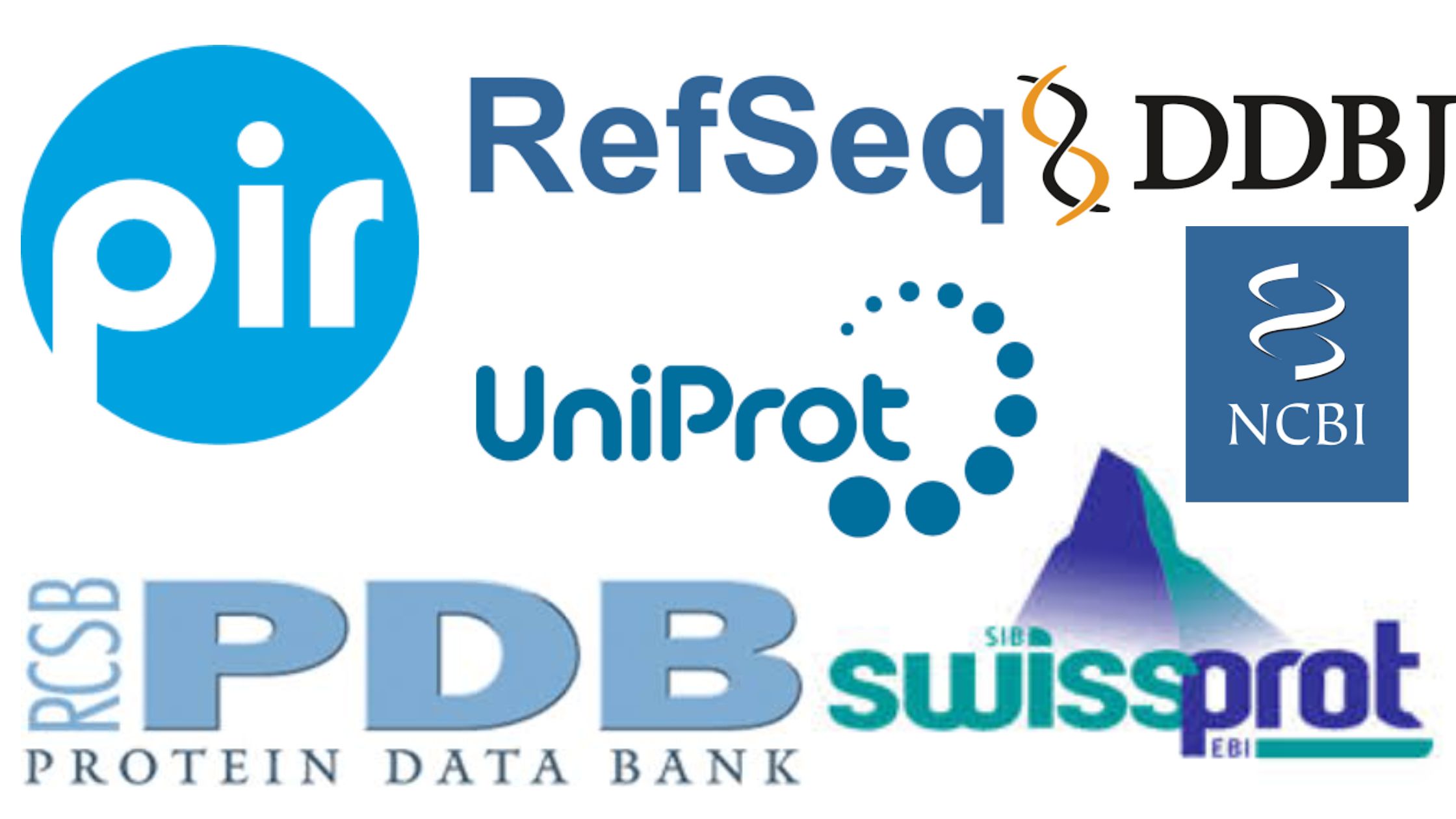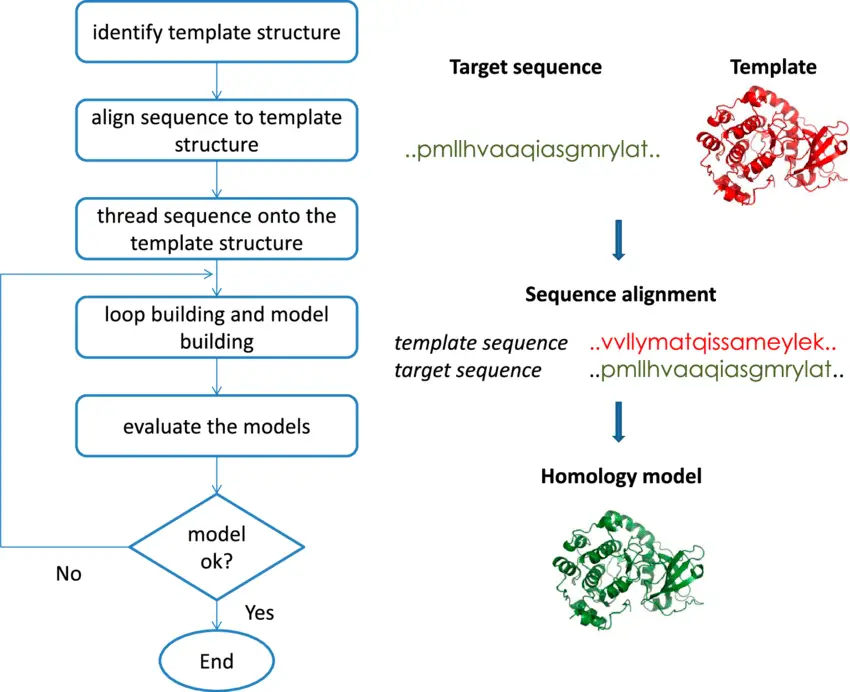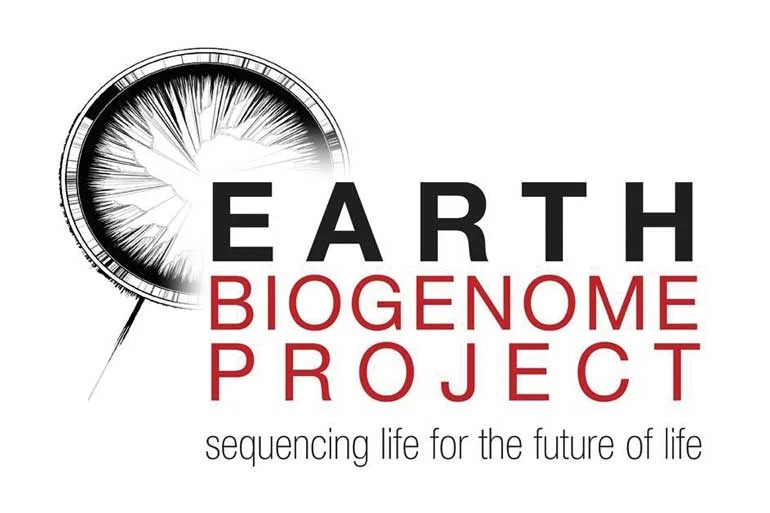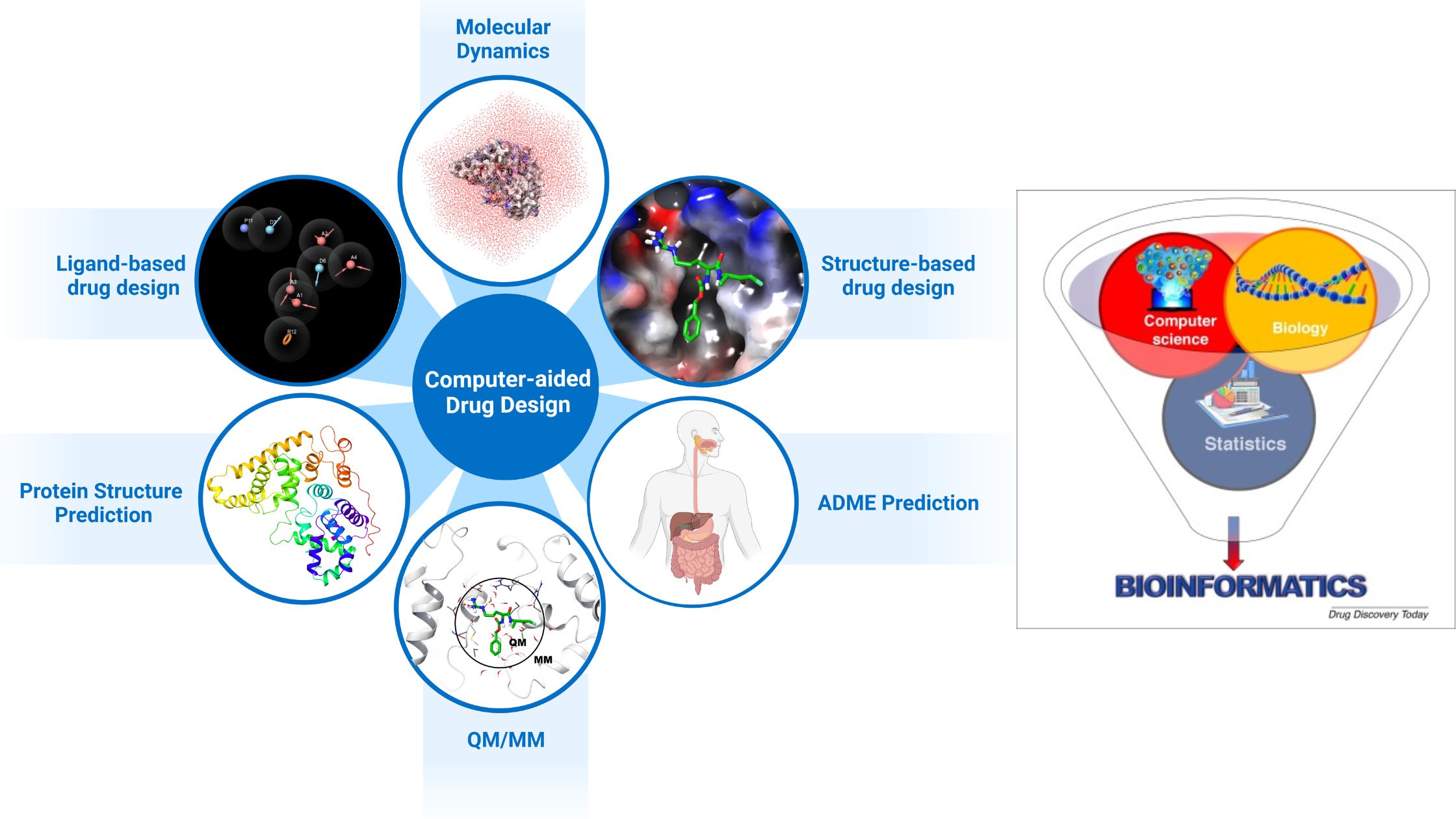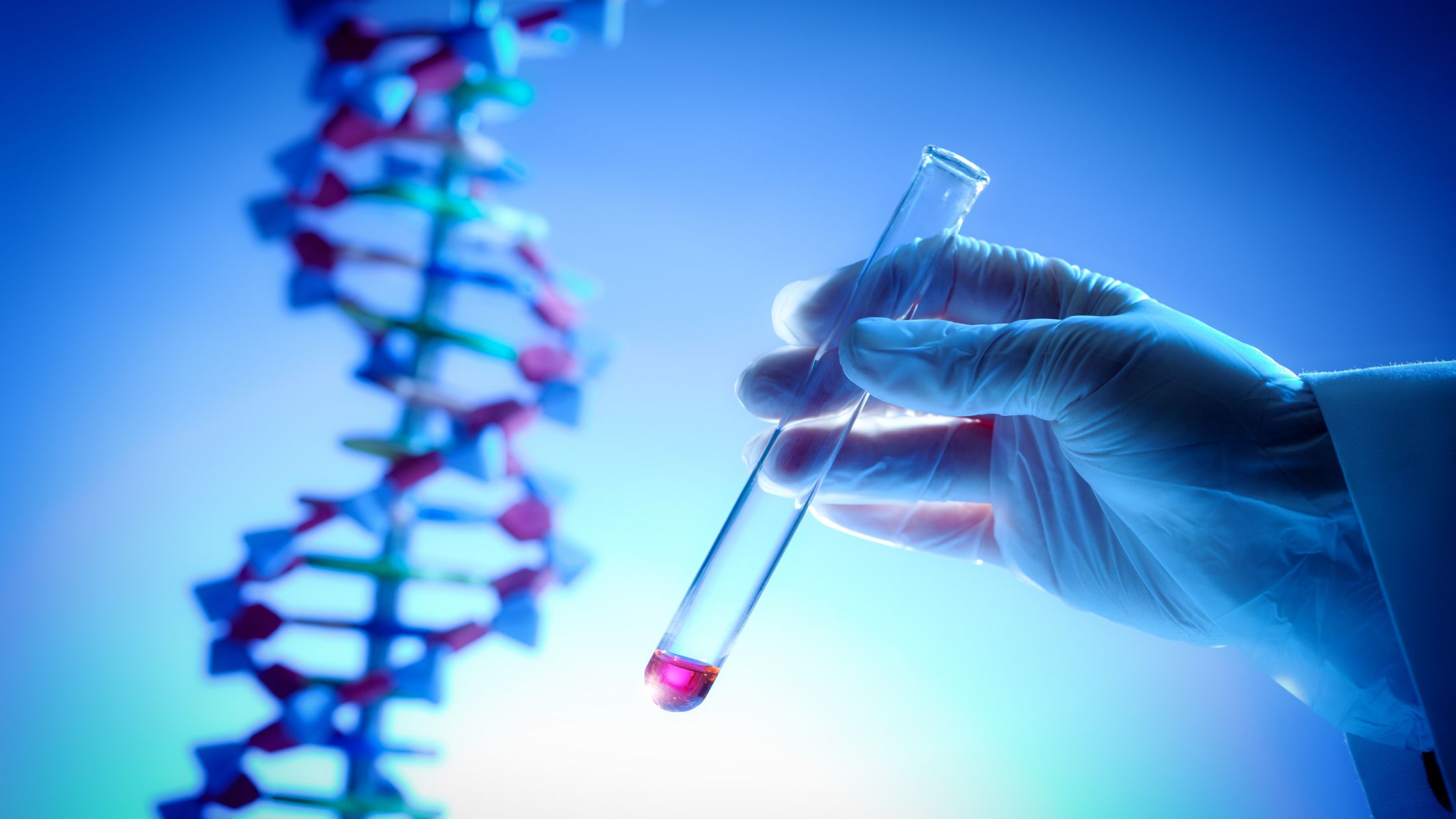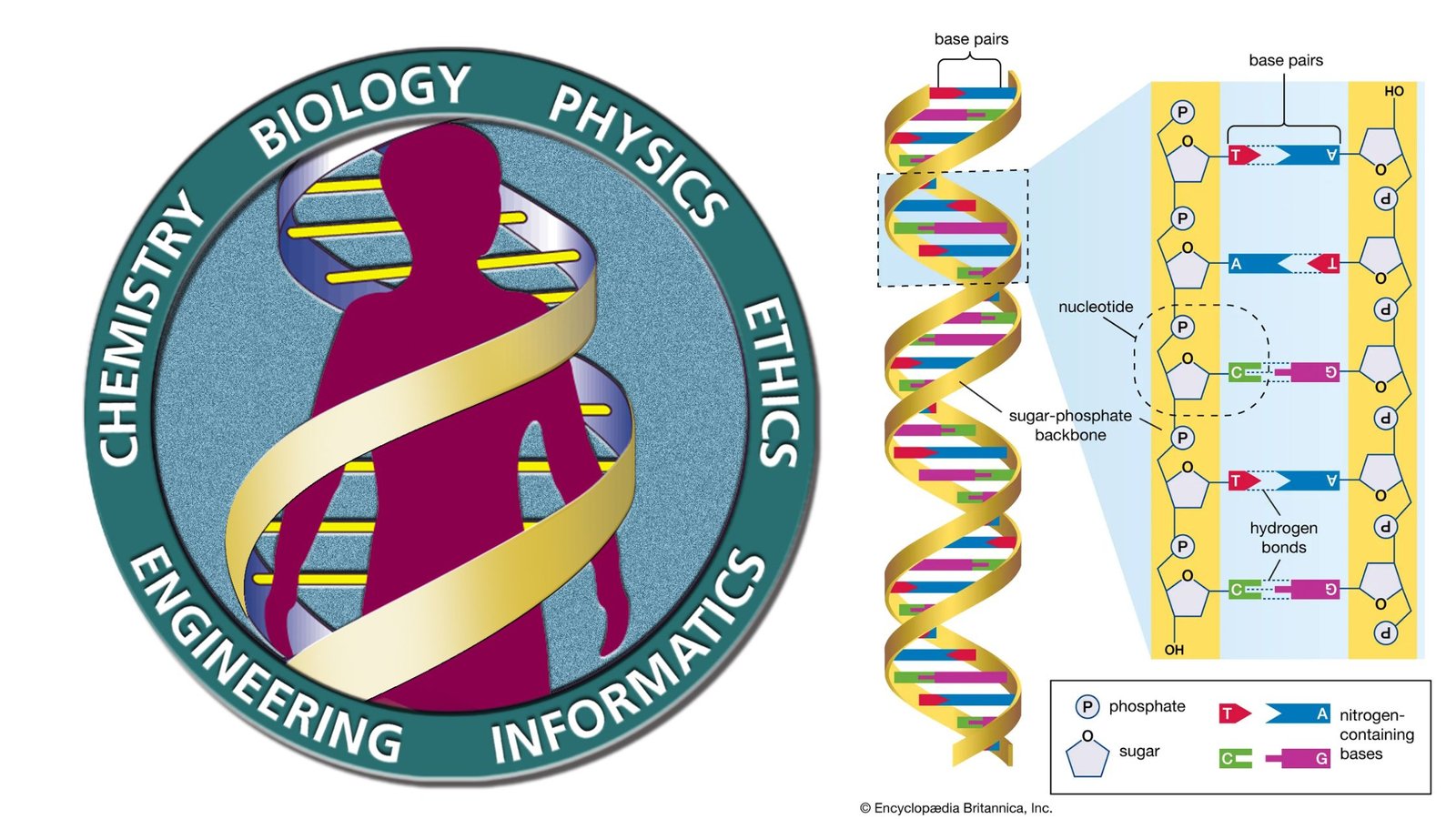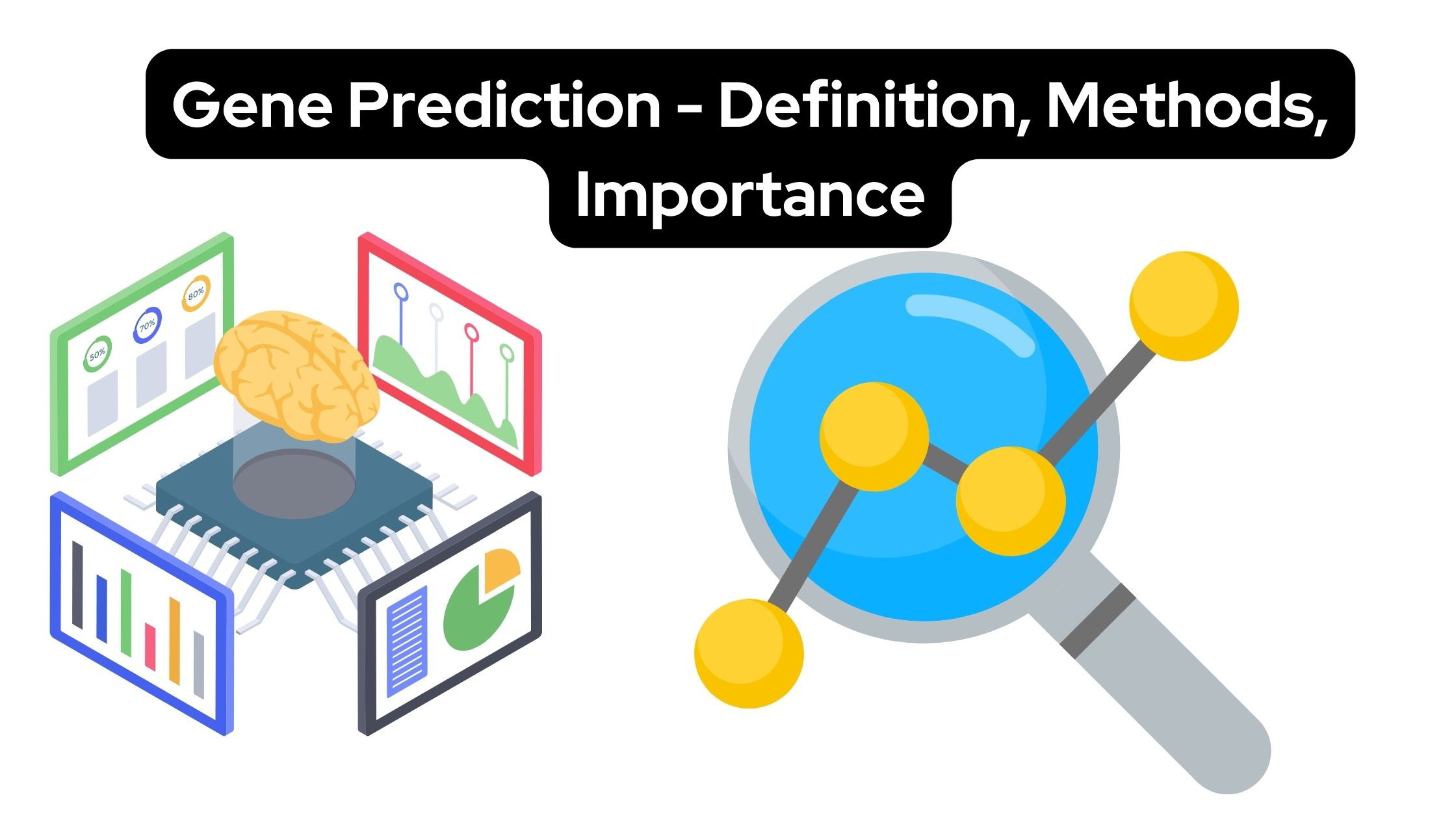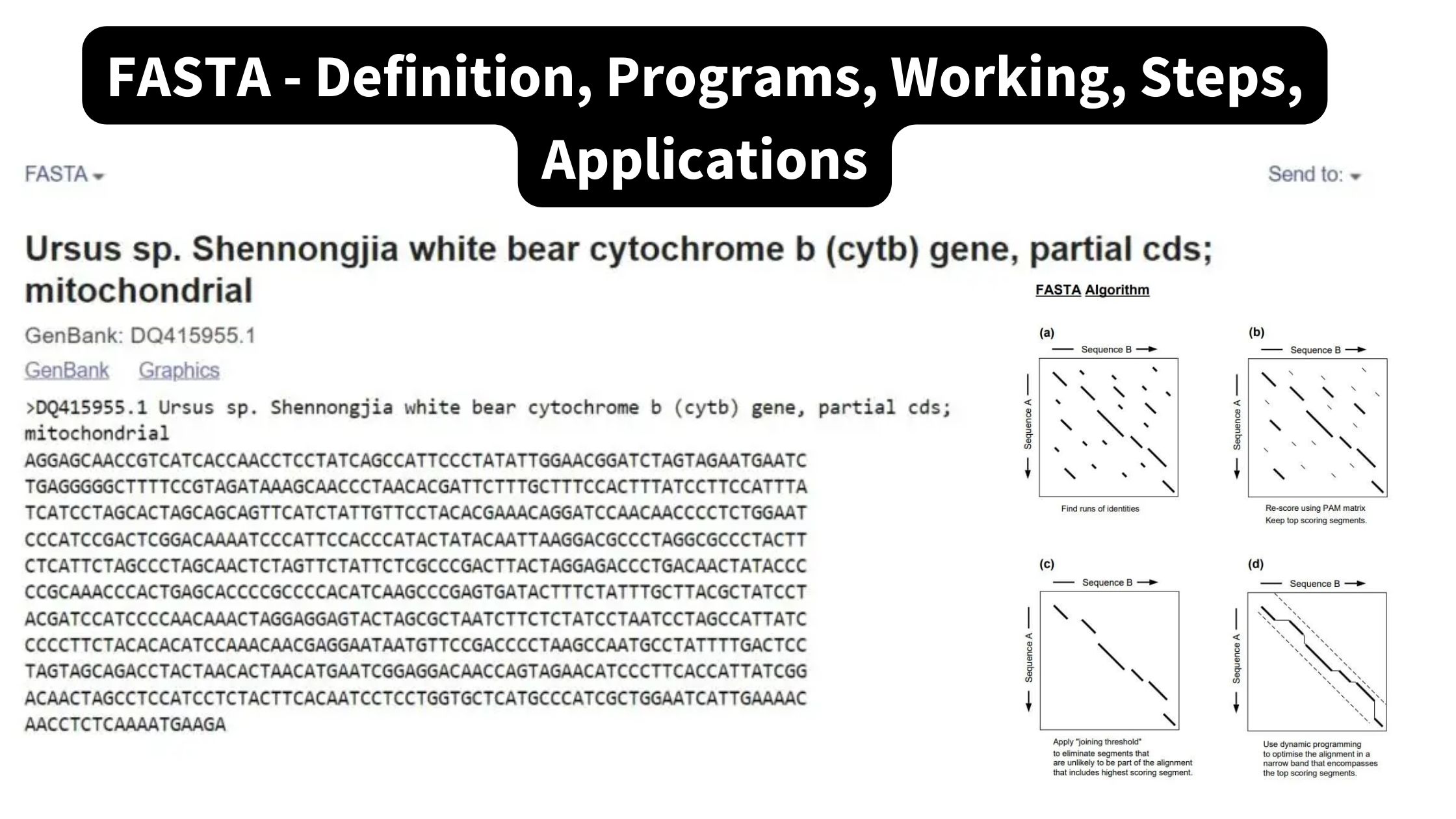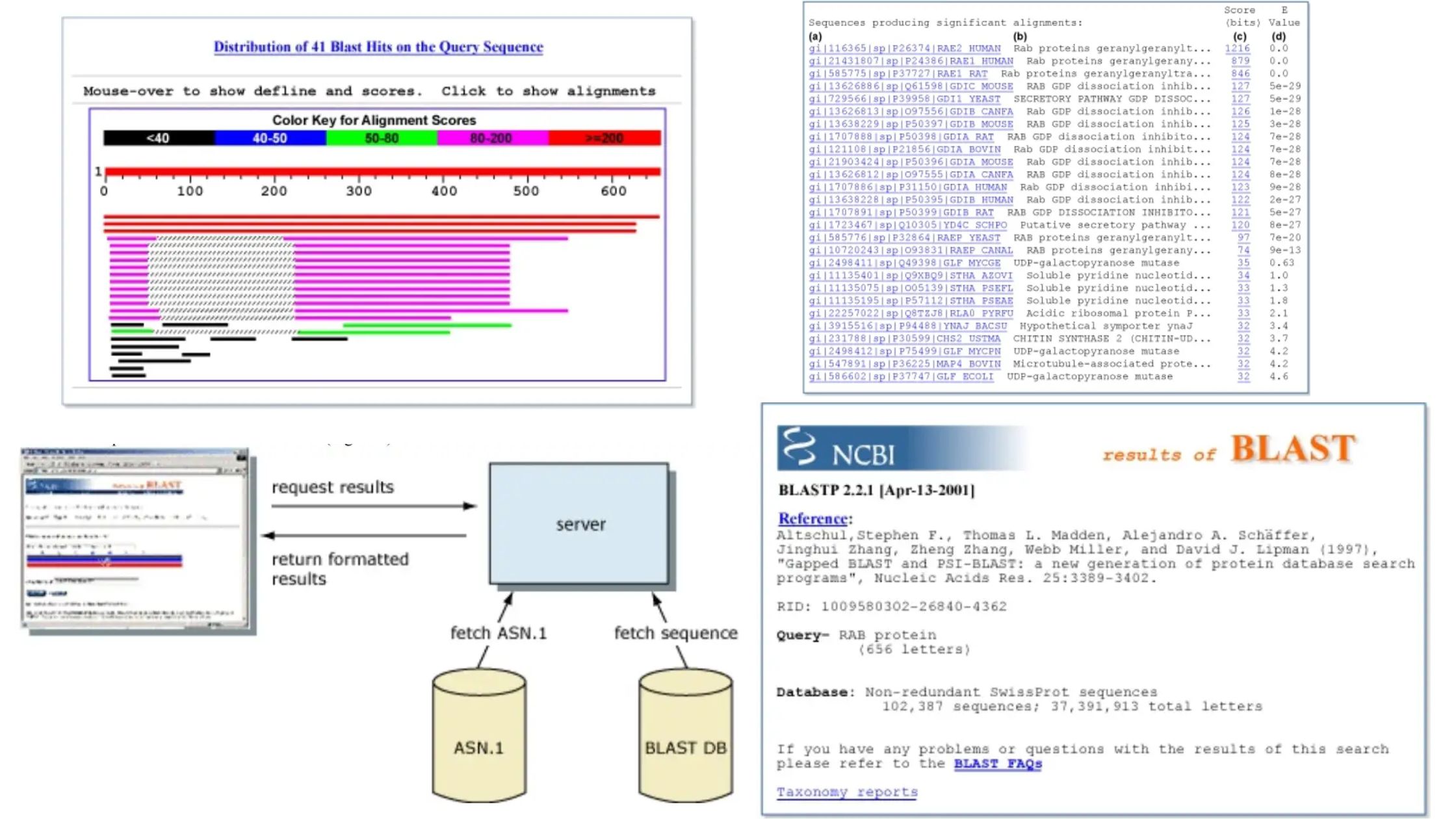Protein Databases – Definition, Types, Examples, Applications
Hey there! Ever wondered how scientists keep track of all the proteins in our bodies? It’s all thanks to protein databases! These handy tools are like giant digital libraries where researchers can find detailed info about proteins. In this article, we’ll break down what protein databases are, explore the different types out there, and check … Read more
